Academy Award winner for ‘The Last King of Scotland’, Forest Whitaker talks about the challenge of playing Idi Amin.
Academy Award winner for ‘The Last King of Scotland’, Forest Whitaker talks about the challenge of playing Idi Amin
What helped you get in touch with the essence of Idi Amin?
Language helps you figure out how to touch the world in a way. One of the big things was understanding his accent and the way the words are used because it helps you understand his humor.
When you understand the humor of a culture sometimes, then you really understand the culture itself. Kiswahili put me into the conflict that I think he was in too because I wanted Kiswahili to be my first language and English my second so I was tricking my imagination into believing that. That conflict was always present when I was trying to understand and trying to communicate.
Idi Amin’s humor is quite pronounced in Barbet Schroeder’s documentary. How did you represent his private demeanor?
I did a lot of research on what it’s like to be Ugandan, the patriarch of a family, and I started putting all these things together — how I eat, how I sit, what I want. It could be as simple as when we’re doing the scene in my bedroom. All around the room there’s clearly a big long couch but I’m like, ‘No, sit here, join me on the floor.’
Becoming informed about a culture helps you create the private moments. The paranoia I understood. You can see the paranoia even in the Barbet Schroeder documentary. You can see when he’s cornered; when he’s talking to the doctors, in the beginning he’s really nervous. He doesn’t know what’s going to happen.
And then slowly he tells a joke and they laugh. His eyes are doing that scene with the doctors, when he’s just about to talk to them, and that was a big key into my understanding some of the paranoia. I accentuated that, based on the scenes themselves like the one where he says, ‘Cannibal. They call me the cannibal.’
Did he eat people?
You know, I never met anyone who said he did and I met his brothers and sisters, his ministers, his generals, his girlfriends, and all these people in Uganda who knew him, met him, and had experiences with him. It’s just Western propaganda.
How did shooting in Uganda change your view of the world?
I was given this amazing opportunity as an African-American, because I’d never been to the African continent. Daniel Ssettaba was my personal assistant and Colin Sendaula was my driver. I became really close friends with them; they helped me a lot to understand the culture.
It’s the difference between the way you shake a person’s hand. In some Masonic way the President shakes hands and then he shakes the elbow and that means something else. Well, it really is like that when you’re in Uganda. Because you shake one hand, you shake with two hands and it’s a certain sign of respect, you prostrate yourself and it’s another thing.
How difficult was this role? Because this is a dark character.
I think the character really still affects me in a lot of ways. Because when people talk about how dark he is, I get kind of defensive inside. I remember my wife was saying to me once, a while back, ‘You have to stop talking in first person.’ It does become a part of your make-up a little bit in the way you look at the situation.
I think now I have a separation, a stronger one, than when I first finished the movie. Luckily, I’ve done about three movies since. But now that I’ve started talking about it again and I went to about four different screenings and I remember him.
What’s the most useful thing a director can give you and you can give actors?
Acting helps me as a director. It helps me understand the process. The more I keep working on my acting, the more I think a better filmmaker I will be.
Directing doesn’t really help me as an actor at all. In fact, I think sometimes it’s a little bit of a hindrance. You don’t want to think about problems and things that are going on. You have to be a little more hermitised and a little bit more selfish.
![submenu-img]() Squid Game 'copied' Sanjay Dutt-starrer Luck, alleges director Soham Shah; Netflix shoots back: 'We intend to...'
Squid Game 'copied' Sanjay Dutt-starrer Luck, alleges director Soham Shah; Netflix shoots back: 'We intend to...'![submenu-img]() Maharashtra govt reschedules Eid-e-Milad holiday in Mumbai from Sept 16 to…
Maharashtra govt reschedules Eid-e-Milad holiday in Mumbai from Sept 16 to…![submenu-img]() 'Vinesh Phogat didn't want to...': Lawyer Harish Salve on wrestler's Paris Olympics medal saga
'Vinesh Phogat didn't want to...': Lawyer Harish Salve on wrestler's Paris Olympics medal saga![submenu-img]() PM Modi welcomes baby calf at his residence, names it 'Deepjyoti': Know what it means
PM Modi welcomes baby calf at his residence, names it 'Deepjyoti': Know what it means![submenu-img]() Longest railway station name in India has 57 letters, it is located in…
Longest railway station name in India has 57 letters, it is located in…![submenu-img]() Rahul Gandhi पर केंद्रीय मंत्री का विवादित बयान, 'देश के नंबर एक आतंकी हैं उन पर इनाम होना चाहिए'
Rahul Gandhi पर केंद्रीय मंत्री का विवादित बयान, 'देश के नंबर एक आतंकी हैं उन पर इनाम होना चाहिए'![submenu-img]() क्या Arvind Kejriwal के इस्तीफे से बदलेगा हरियाणा चुनाव का समीकरण, कांग्रेस और BJP की बढ़ सकती है टेंशन
क्या Arvind Kejriwal के इस्तीफे से बदलेगा हरियाणा चुनाव का समीकरण, कांग्रेस और BJP की बढ़ सकती है टेंशन![submenu-img]() Arvind Kejriwal Resign: 2 दिन बाद ही क्यों देंगे अरविंद केजरीवाल इस्तीफा, BJP ने गिनाई ये वजह
Arvind Kejriwal Resign: 2 दिन बाद ही क्यों देंगे अरविंद केजरीवाल इस्तीफा, BJP ने गिनाई ये वजह![submenu-img]() IND vs BAN: Ishan Kishan की होगी टीम इंडिया में वापसी! Shubman Gill का कटेगा पत्ता, सामने आया बड़ा अपडेट
IND vs BAN: Ishan Kishan की होगी टीम इंडिया में वापसी! Shubman Gill का कटेगा पत्ता, सामने आया बड़ा अपडेट![submenu-img]() JMM के लोग बांग्लादेशी और रो��हिंग्या घुसपैठियों का साथ दे रहे हैं, जमशेदपुर में PM Modi ने ऐसा क्यों कहा?
JMM के लोग बांग्लादेशी और रो��हिंग्या घुसपैठियों का साथ दे रहे हैं, जमशेदपुर में PM Modi ने ऐसा क्यों कहा?![submenu-img]() Ford to return to India after 2 years with reopening of....
Ford to return to India after 2 years with reopening of....![submenu-img]() Maruti Suzuki launches new Swift CNG, check price, mileage, other features
Maruti Suzuki launches new Swift CNG, check price, mileage, other features![submenu-img]() ‘30 LPA, 3BHK, no in-laws’: Woman earning Rs 1.32 lakh salary lists demands for future husband, netizens say...
‘30 LPA, 3BHK, no in-laws’: Woman earning Rs 1.32 lakh salary lists demands for future husband, netizens say...![submenu-img]() In a big EV push, Centre launches Rs 10900 crore PM E-Drive scheme to replace…
In a big EV push, Centre launches Rs 10900 crore PM E-Drive scheme to replace…![submenu-img]() World’s longest car has helipad, swimming pool, mini-golf course, can seat over…; it cost…
World’s longest car has helipad, swimming pool, mini-golf course, can seat over…; it cost…![submenu-img]() NEET SS 2024: Tentative schedule out, exam likely on...
NEET SS 2024: Tentative schedule out, exam likely on...![submenu-img]() Meet man, popular online tutor who cracked UPSC in 1st attempt, resigned as IAS officer after 1 year due to…
Meet man, popular online tutor who cracked UPSC in 1st attempt, resigned as IAS officer after 1 year due to…![submenu-img]() Meet man, who worked as coolie, later cracked UPSC exam to become IAS officer, he was killed by...
Meet man, who worked as coolie, later cracked UPSC exam to become IAS officer, he was killed by...![submenu-img]() Meet IIT-JEE topper with AIR 1, went to IIT Bombay, got job with Rs 70 lakh salary, left it for...
Meet IIT-JEE topper with AIR 1, went to IIT Bombay, got job with Rs 70 lakh salary, left it for...![submenu-img]() Meet man, who lost father at 5, grew up in orphanage, didn't crack UPSC exam but became IAS officer, is posted at..
Meet man, who lost father at 5, grew up in orphanage, didn't crack UPSC exam but became IAS officer, is posted at..![submenu-img]() Jaishankar: EAM Dr. S. Jaishankar On India-China Relations & Disengagement Problems | Ladakh
Jaishankar: EAM Dr. S. Jaishankar On India-China Relations & Disengagement Problems | Ladakh![submenu-img]() Trump vs Harris: Donald Trump Says He Will Not Debate Kamala Harris Again | US Presidential Debate
Trump vs Harris: Donald Trump Says He Will Not Debate Kamala Harris Again | US Presidential Debate![submenu-img]() Delhi Gym News: Afghan-Origin Gym Owner Shot Dead In Delhi | Caught On CCTV
Delhi Gym News: Afghan-Origin Gym Owner Shot Dead In Delhi | Caught On CCTV![submenu-img]() Malaika Arora Father Death: Anil Mehta's Final Words To His Daughter Malaika Arora
Malaika Arora Father Death: Anil Mehta's Final Words To His Daughter Malaika Arora![submenu-img]() Chandigarh Blast: Grenade Explosion In Sector 10; Auto Driver Arrested, Investigation Ongoing
Chandigarh Blast: Grenade Explosion In Sector 10; Auto Driver Arrested, Investigation Ongoing![submenu-img]() Meta CEO Mark Zuckerberg reveals biggest mistake of his career, claims it is...
Meta CEO Mark Zuckerberg reveals biggest mistake of his career, claims it is...![submenu-img]() Meet Indian man, who left his job in US, started business from Rs 40000, now leads company worth Rs 18765 crore, he is..
Meet Indian man, who left his job in US, started business from Rs 40000, now leads company worth Rs 18765 crore, he is..![submenu-img]() Meet man, a billionaire, who hosts Kim Kardashian, Leonardo DiCaprio, Katy Perry on his superyacht for...
Meet man, a billionaire, who hosts Kim Kardashian, Leonardo DiCaprio, Katy Perry on his superyacht for...![submenu-img]() Meet Indian-born engineer behind Amazon's Alexa, now among TIME100 most influential people in AI 2024 list, he is...
Meet Indian-born engineer behind Amazon's Alexa, now among TIME100 most influential people in AI 2024 list, he is...![submenu-img]() Meet Indian genius, went to IIT, studied with Shah Rukh Khan, tragically lost his life due to...
Meet Indian genius, went to IIT, studied with Shah Rukh Khan, tragically lost his life due to...![submenu-img]() Bollywood's highest-paid bodyguards earn in crores each year; here's how much Salman, SRK pay their trusted protectors
Bollywood's highest-paid bodyguards earn in crores each year; here's how much Salman, SRK pay their trusted protectors![submenu-img]() 6 most haunted places in the world
6 most haunted places in the world![submenu-img]() Good news for Reliance Jio users: Mukesh Ambani offers 5 best Jio plans under Rs 300 with unlimited...
Good news for Reliance Jio users: Mukesh Ambani offers 5 best Jio plans under Rs 300 with unlimited...![submenu-img]() This Bollywood outsider sang at weddings, in trains, was rejected from TV shows; now gives Rs 100-crore blockbusters
This Bollywood outsider sang at weddings, in trains, was rejected from TV shows; now gives Rs 100-crore blockbusters ![submenu-img]() In pics: Priyanka Chopra dons sizzling bikinis, enjoys yacht time with Nick Jonas, Malti Marie on European vacation
In pics: Priyanka Chopra dons sizzling bikinis, enjoys yacht time with Nick Jonas, Malti Marie on European vacation![submenu-img]() Maharashtra govt reschedules Eid-e-Milad holiday in Mumbai from Sept 16 to…
Maharashtra govt reschedules Eid-e-Milad holiday in Mumbai from Sept 16 to…![submenu-img]() Lucknow: Section 163 imposed in UP capital till this date, reason is...
Lucknow: Section 163 imposed in UP capital till this date, reason is...![submenu-img]() Ayushman Bharat health insurance for senior citizens: Eligibility, benefits, how to apply
Ayushman Bharat health insurance for senior citizens: Eligibility, benefits, how to apply![submenu-img]() Picture of Lord Ganesha’s idol in police van sparks row in Bengaluru: Here's what we know so far
Picture of Lord Ganesha’s idol in police van sparks row in Bengaluru: Here's what we know so far![submenu-img]() Delhi records year's cleanest air quality as AQI drops to...
Delhi records year's cleanest air quality as AQI drops to...
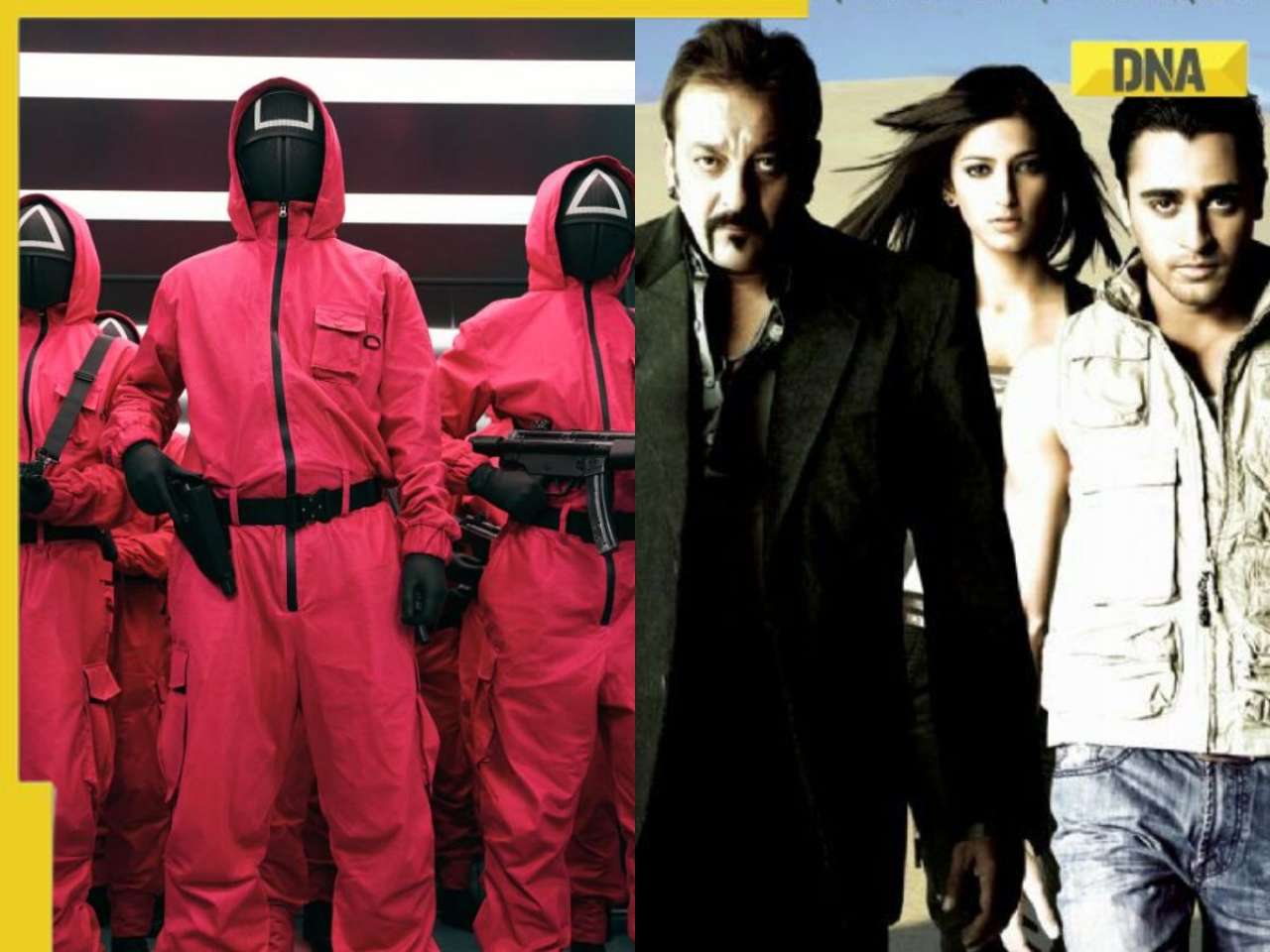

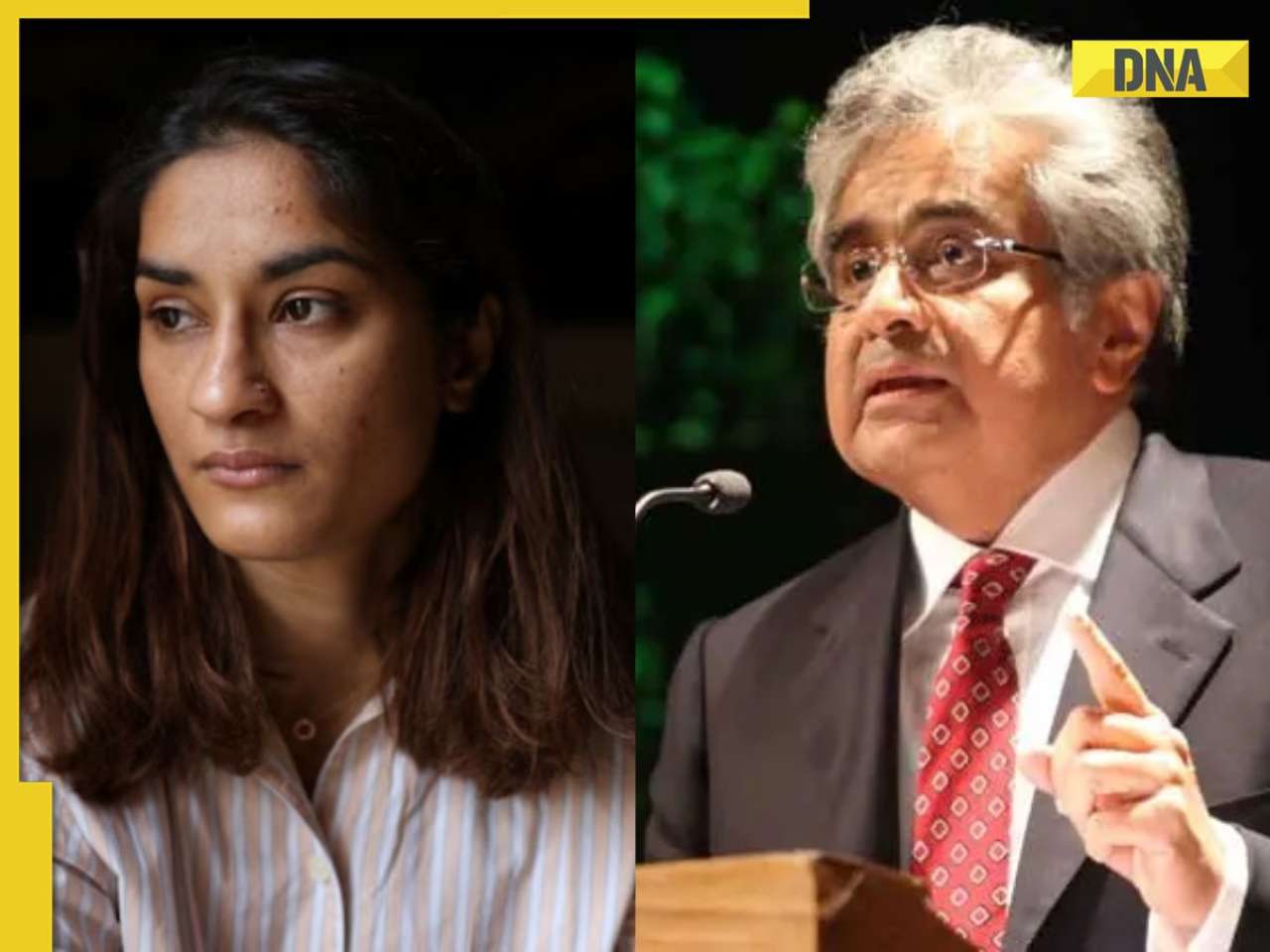
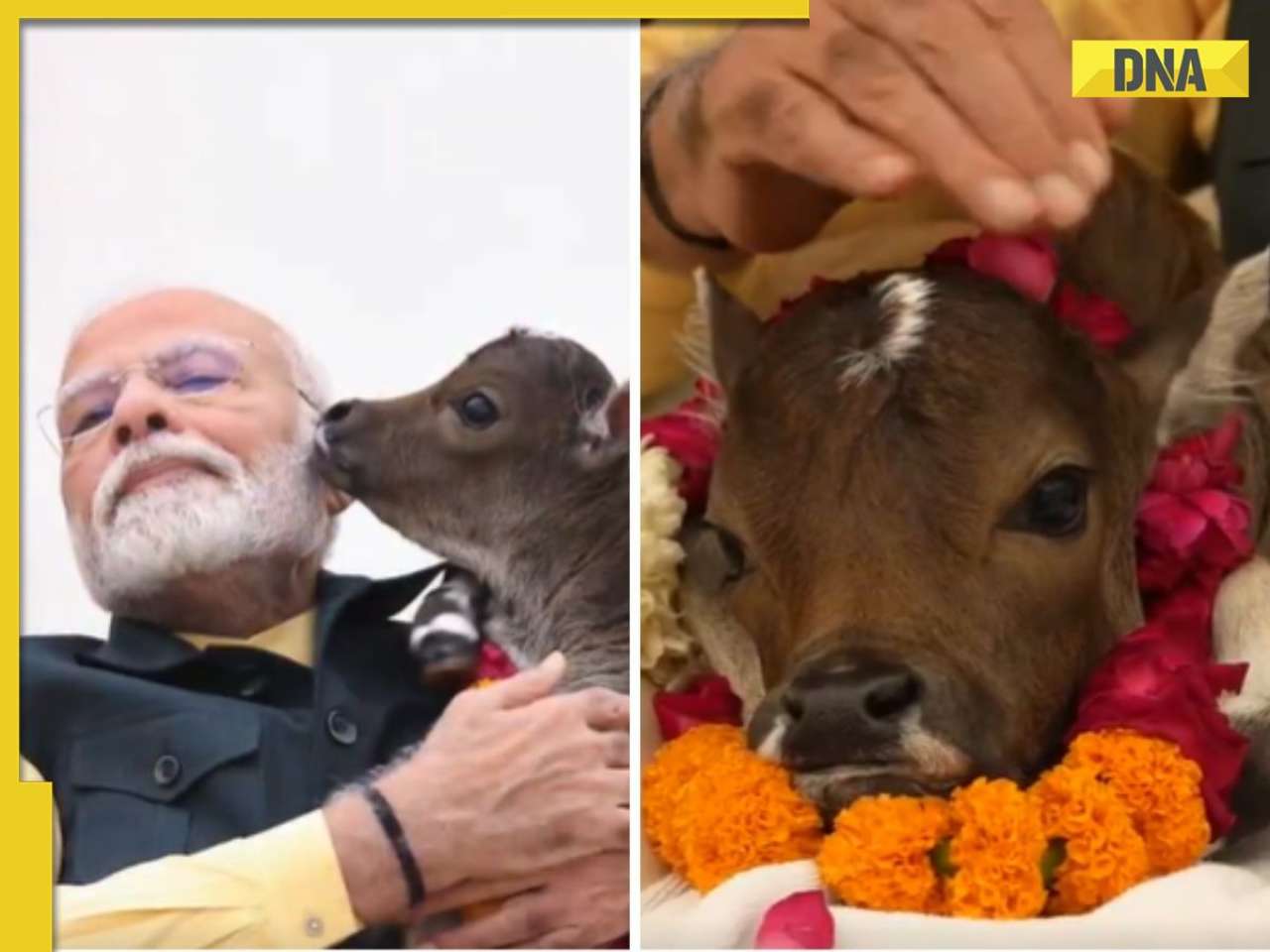







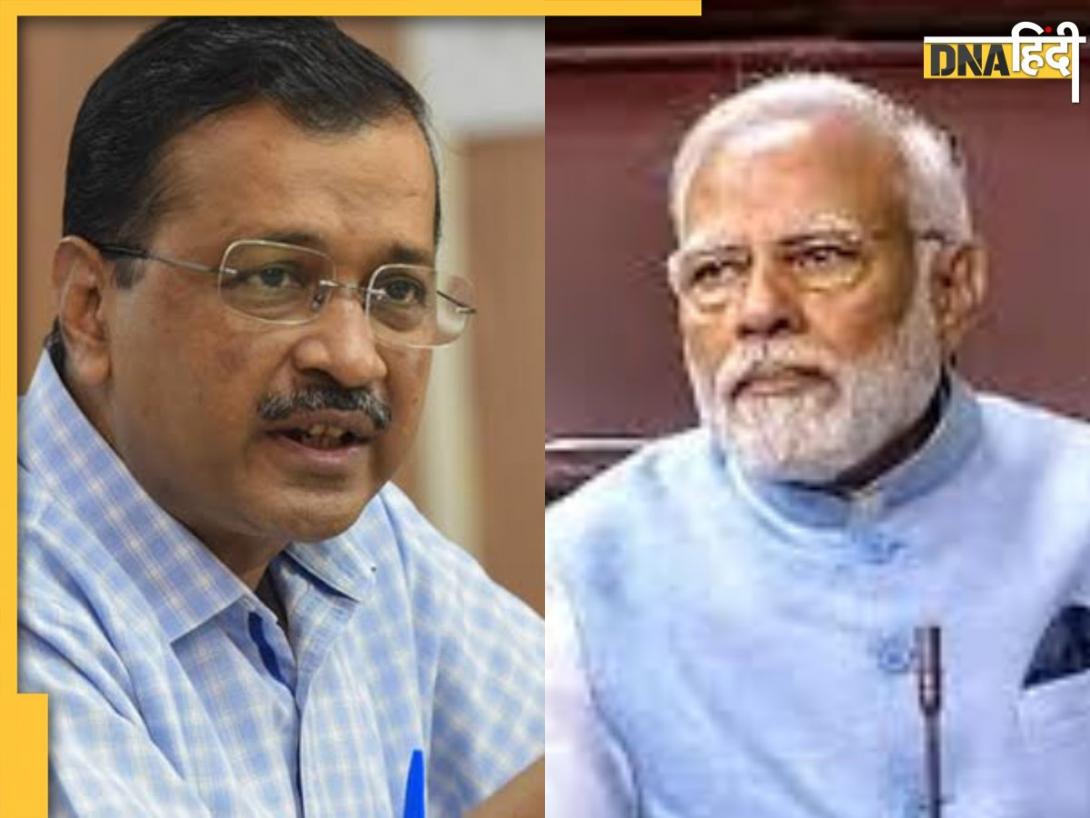
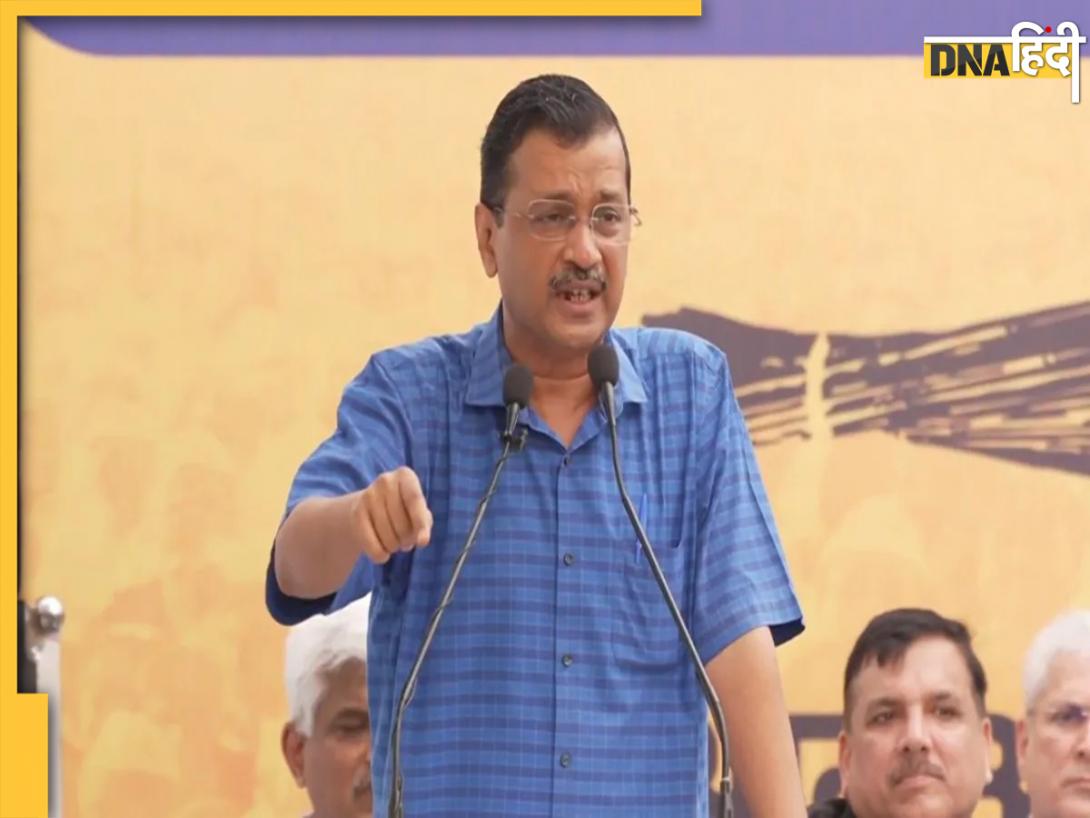
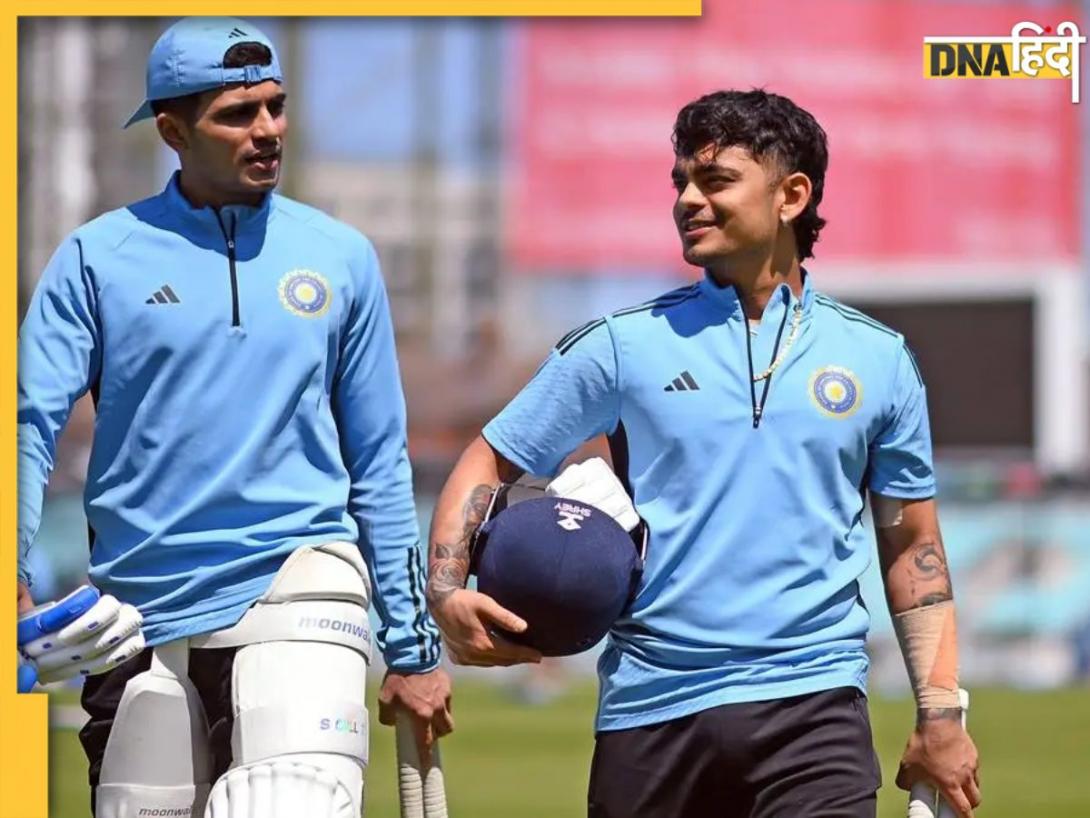
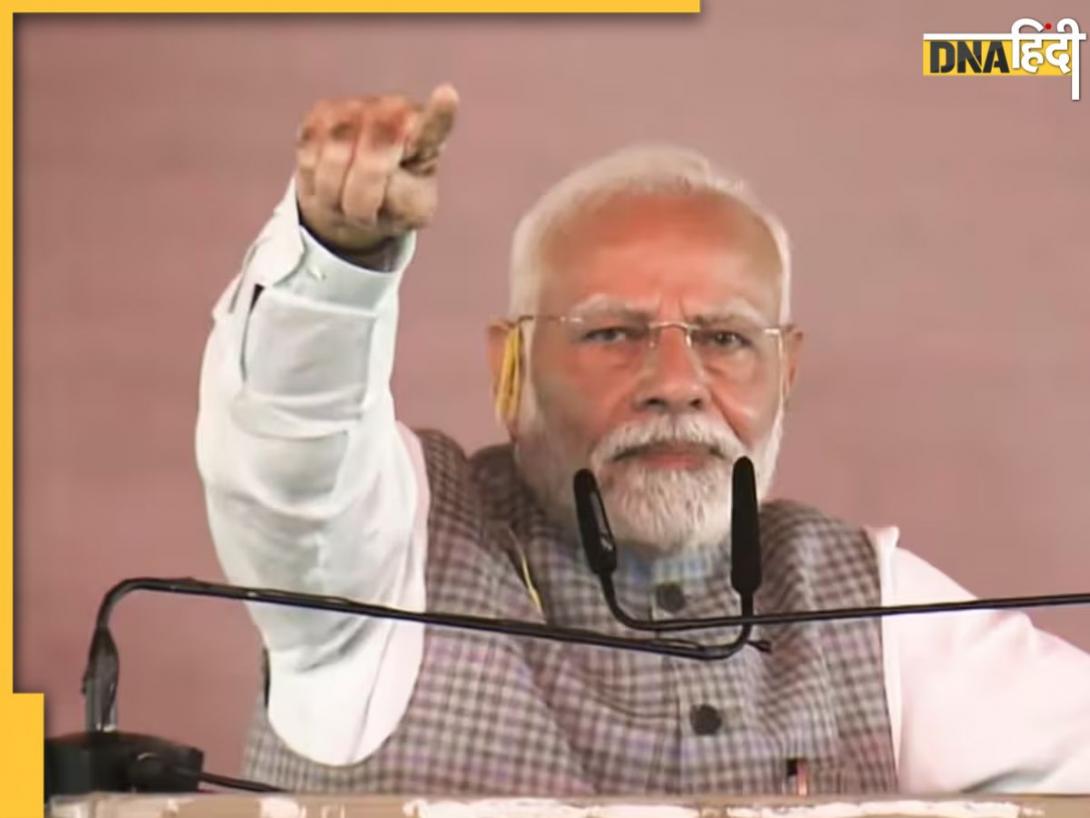






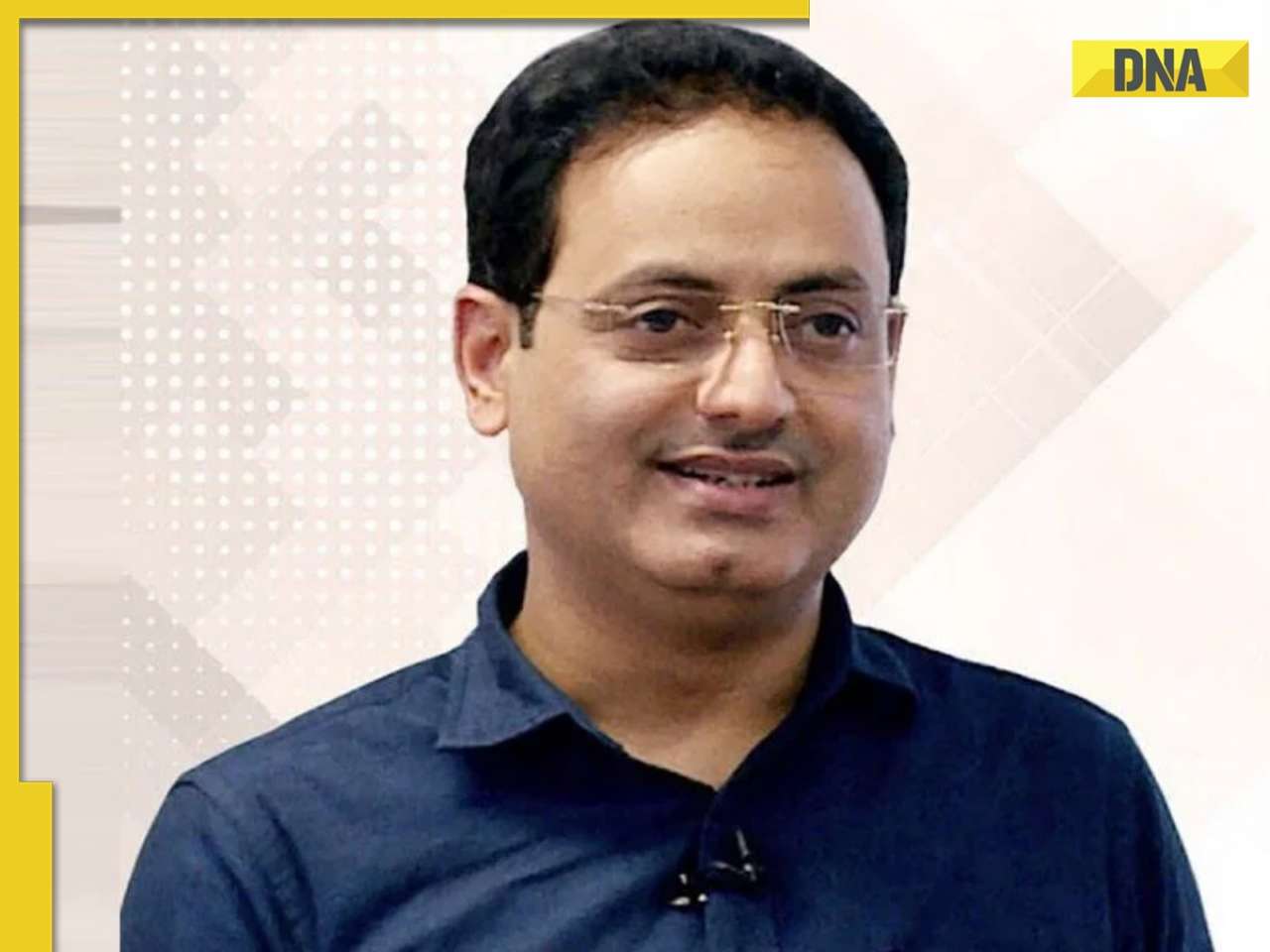
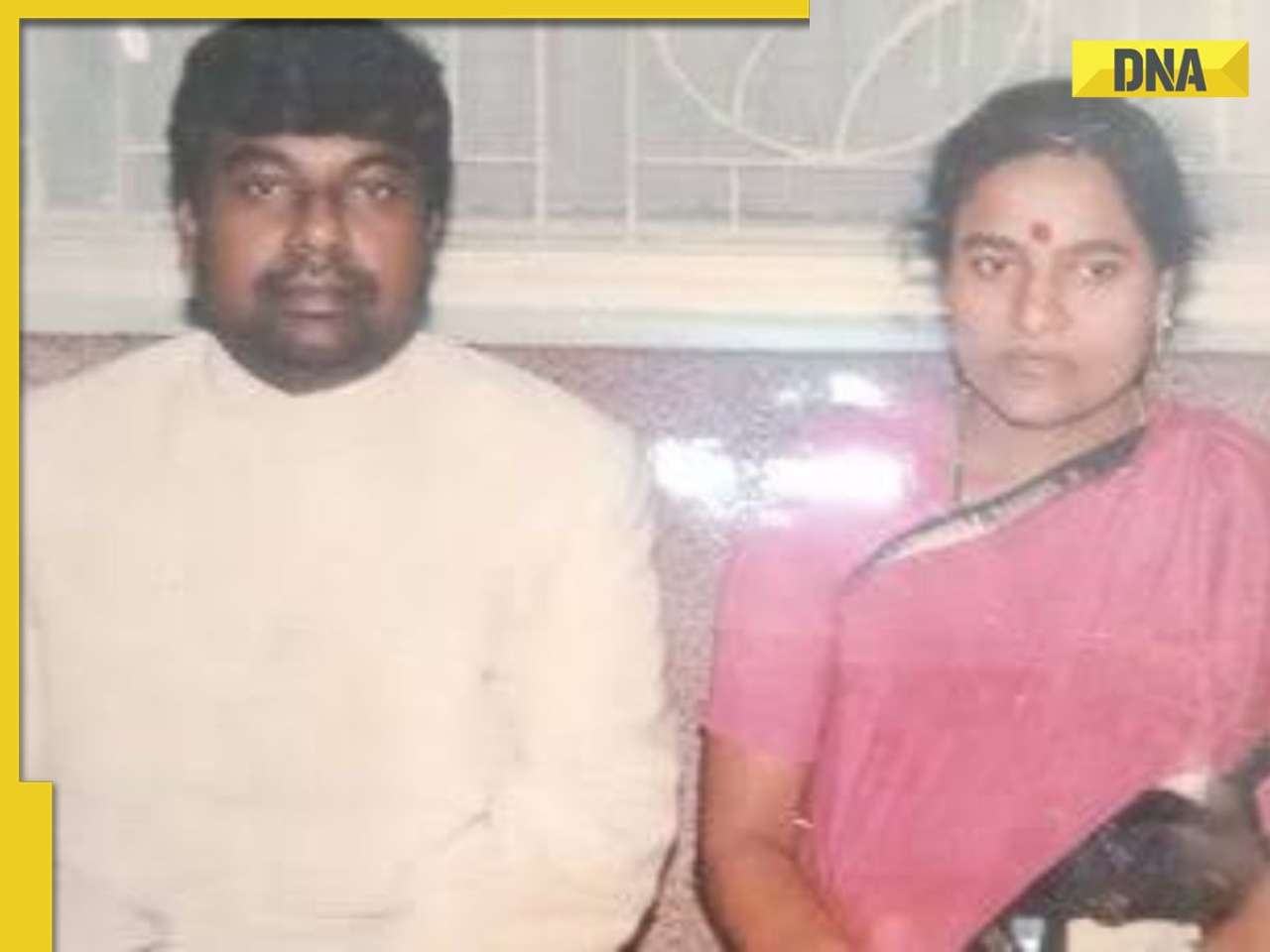
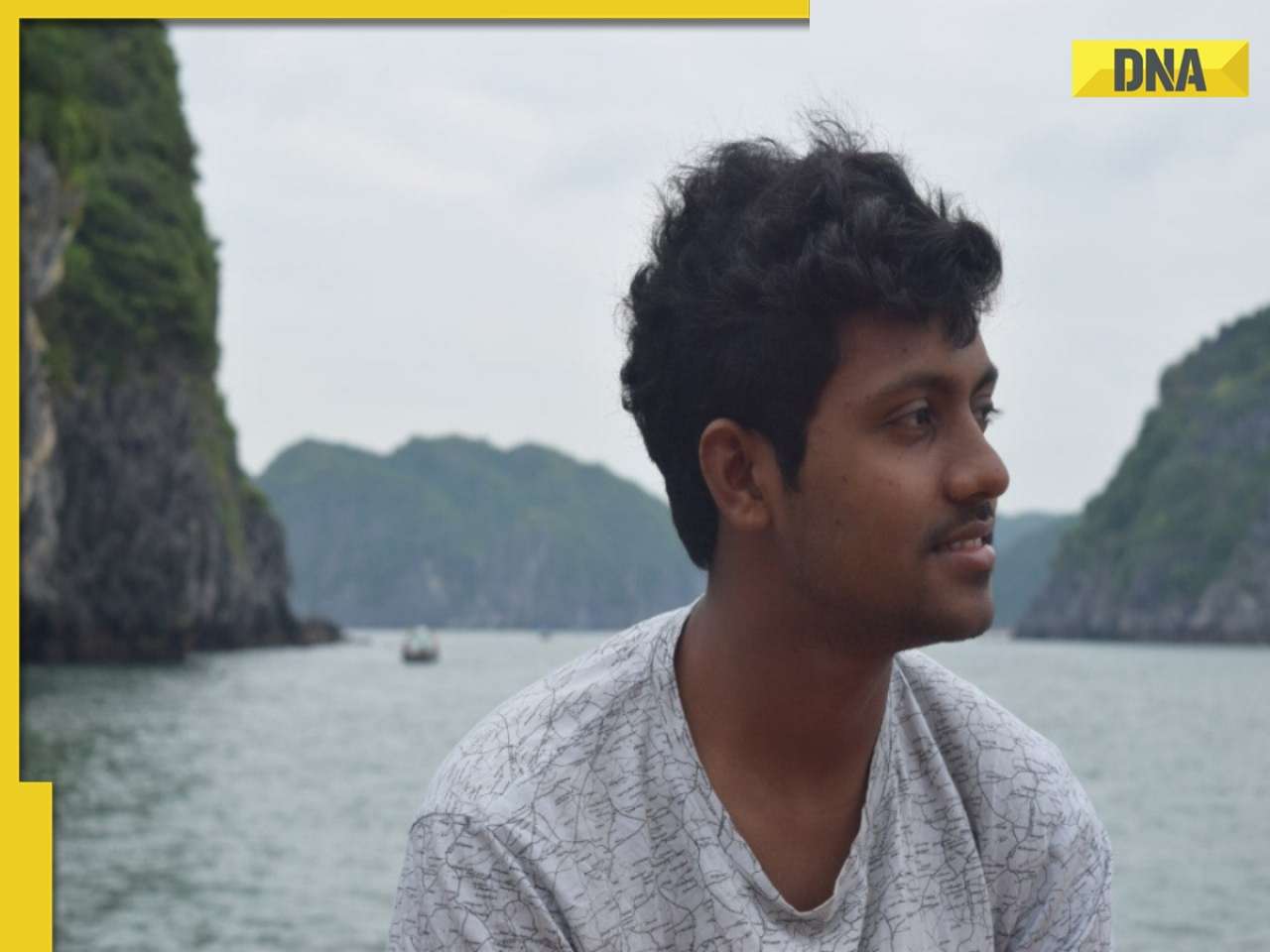
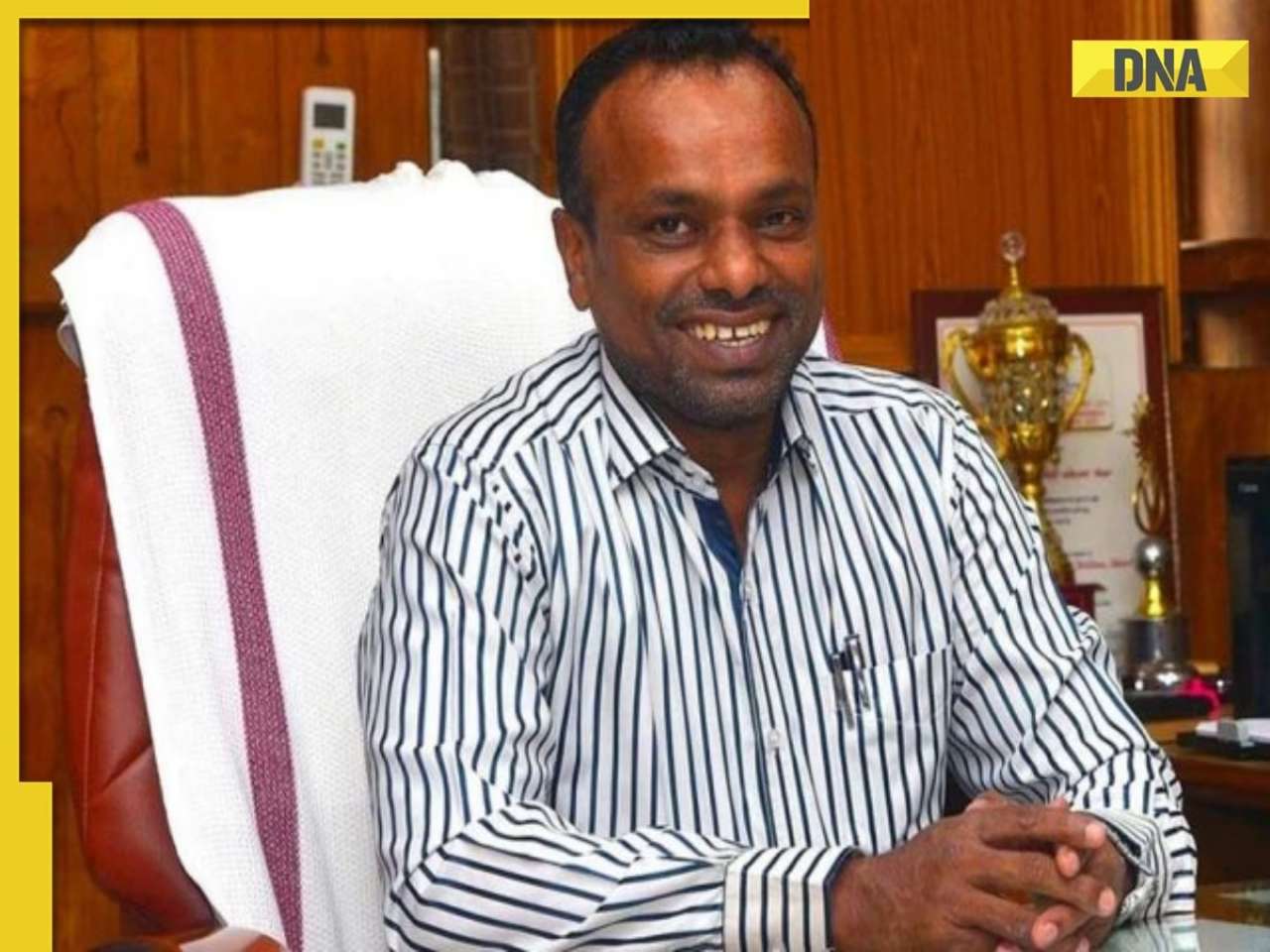
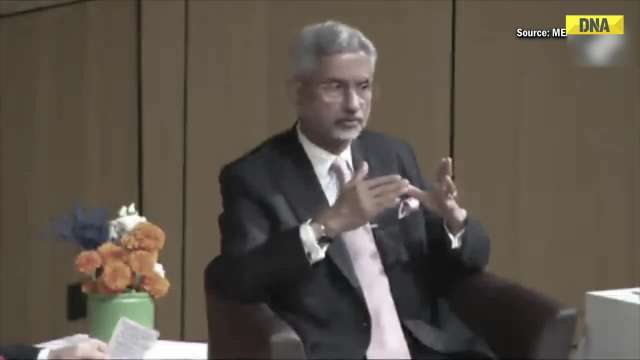





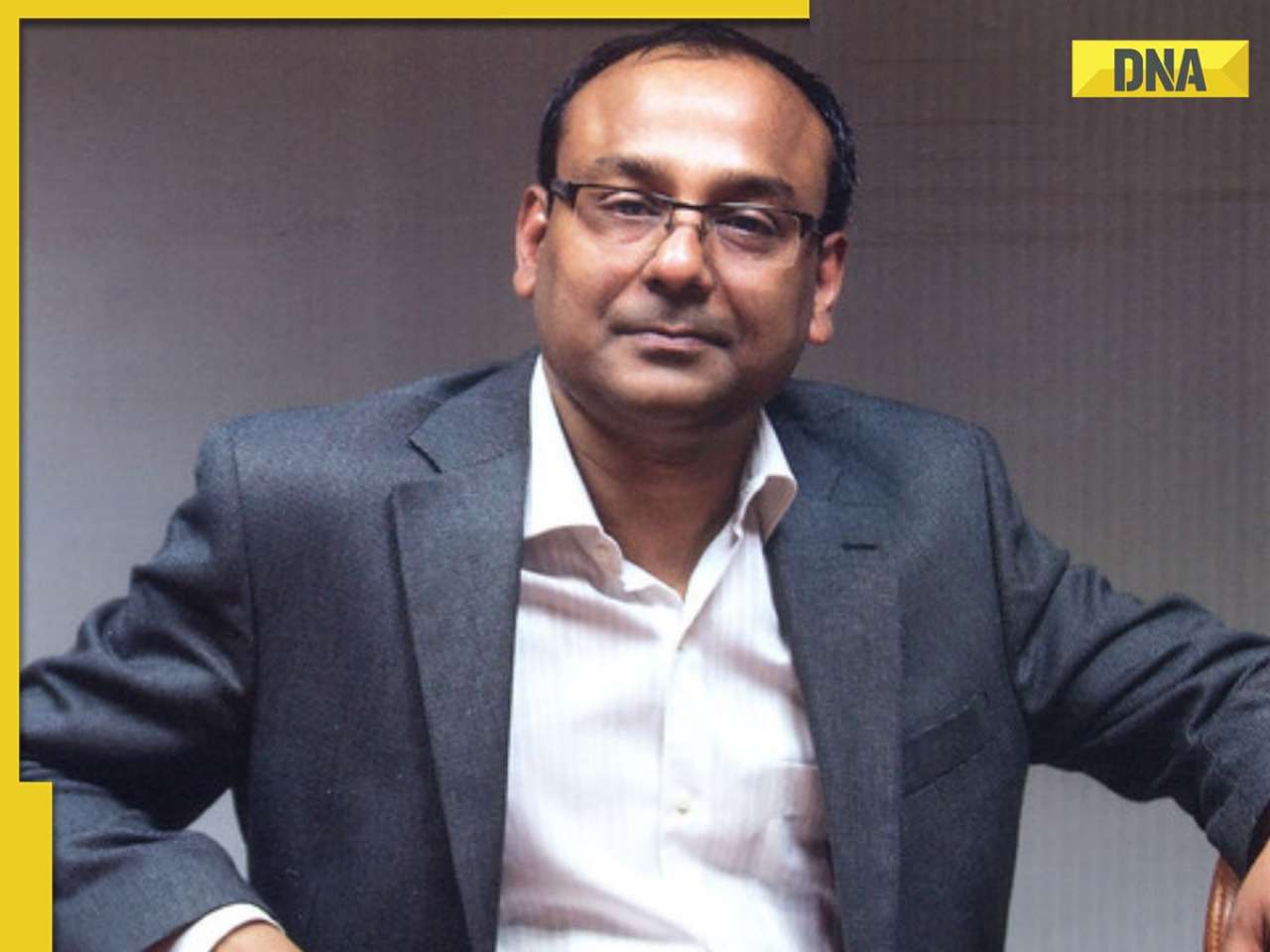
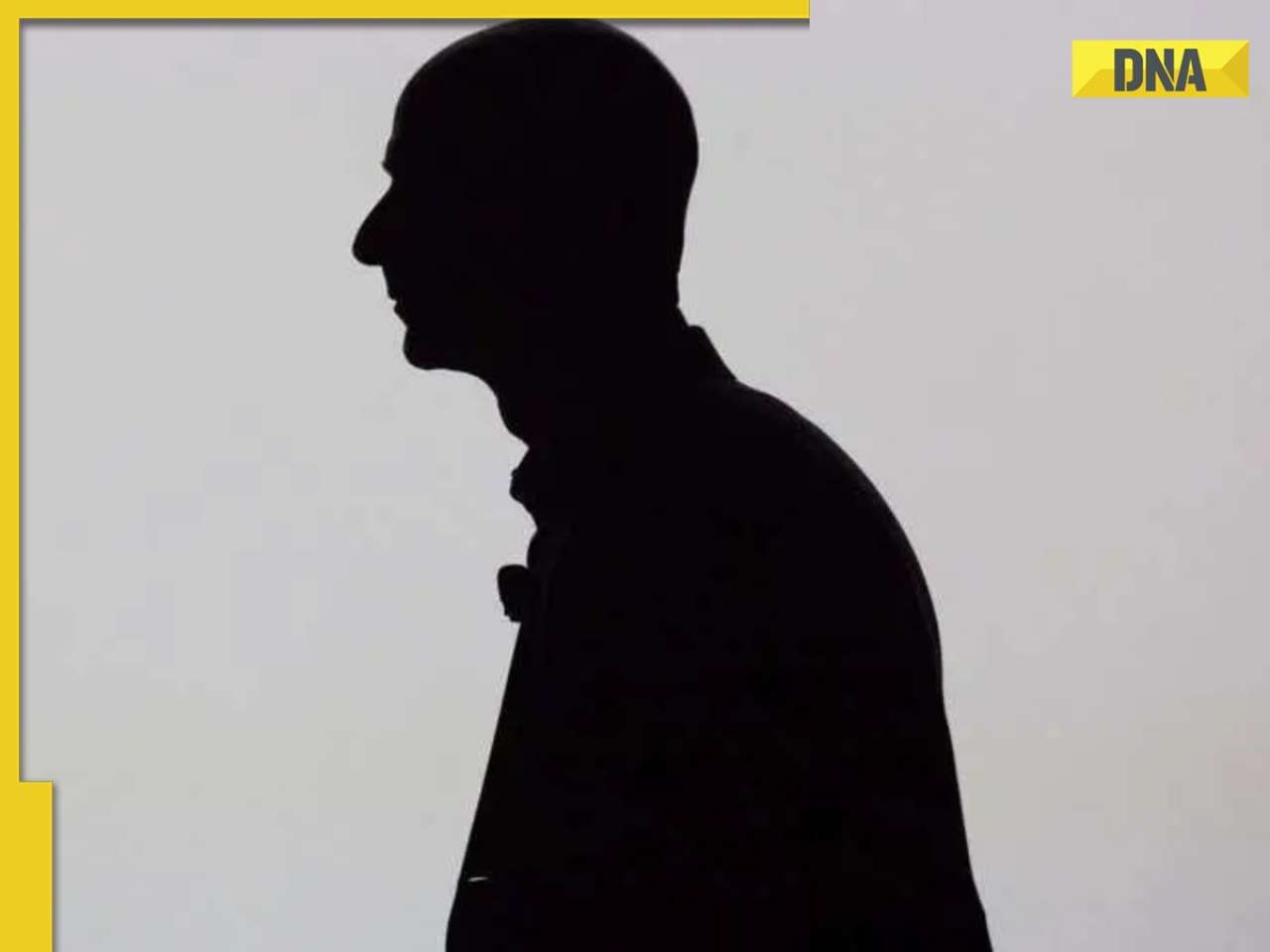
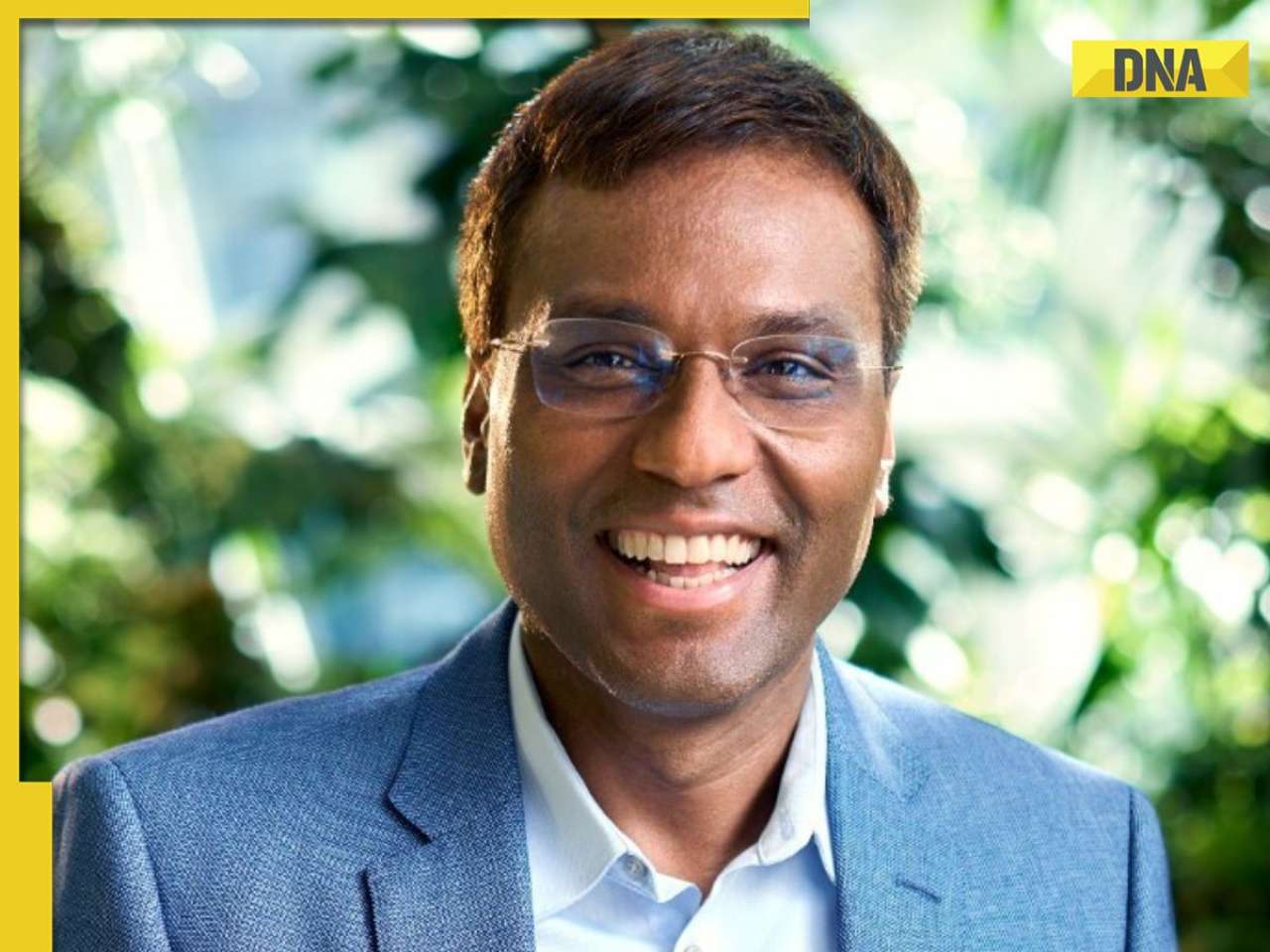
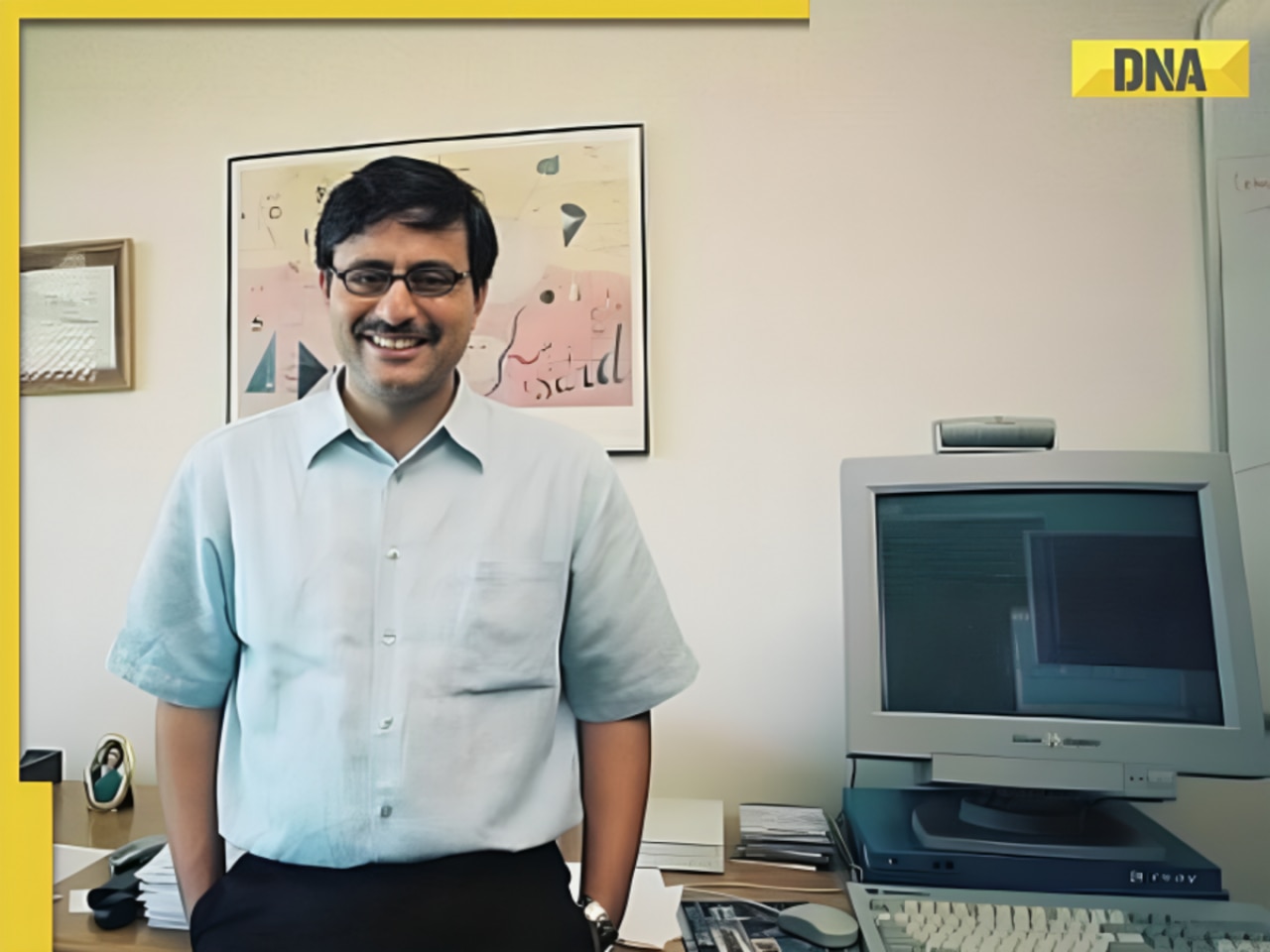
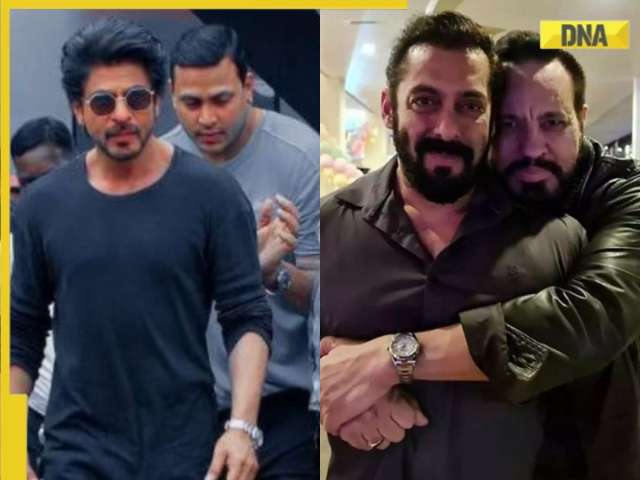
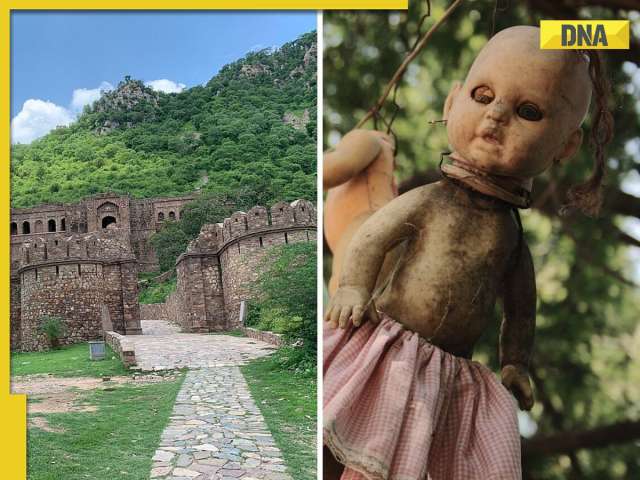




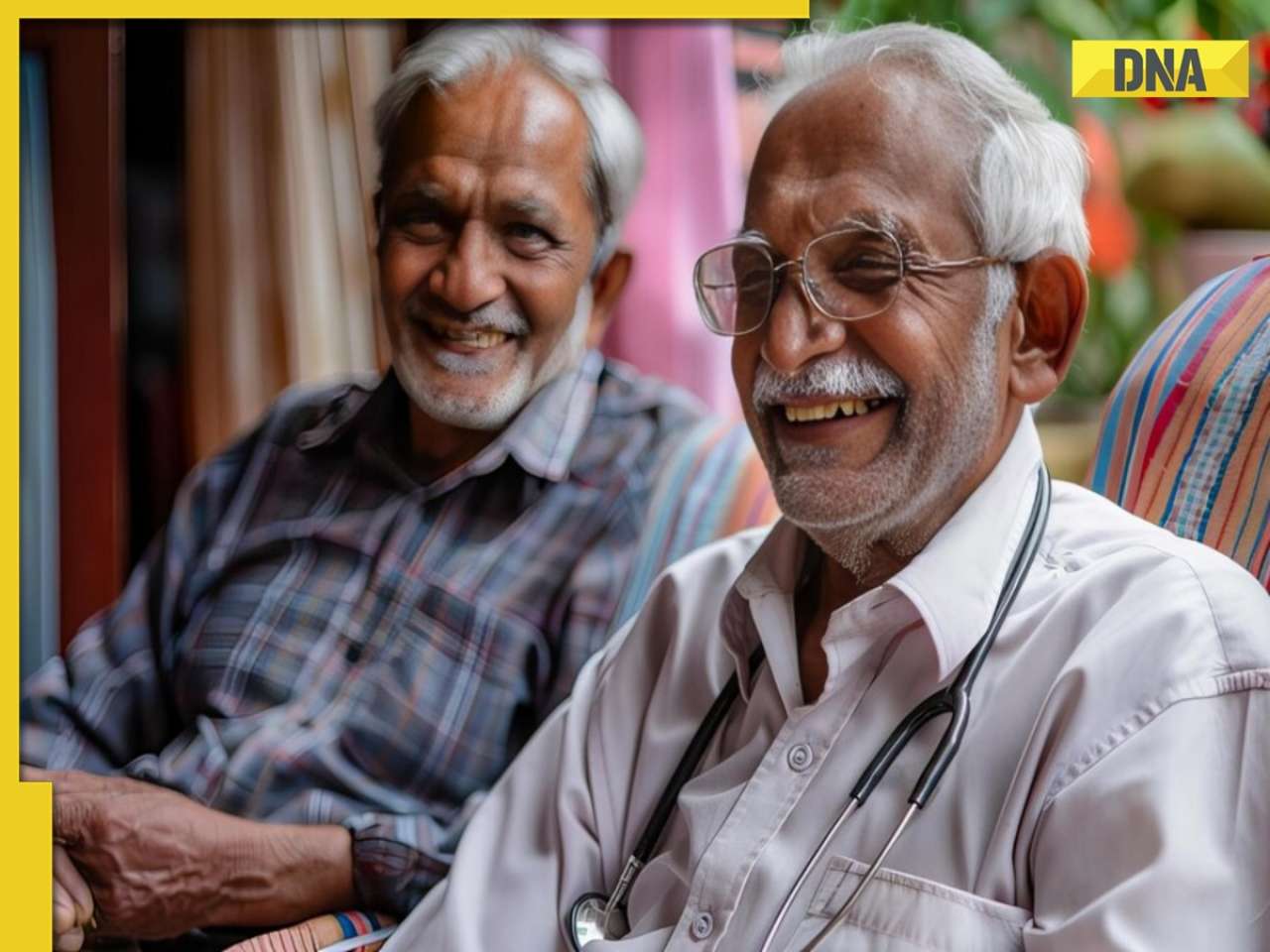
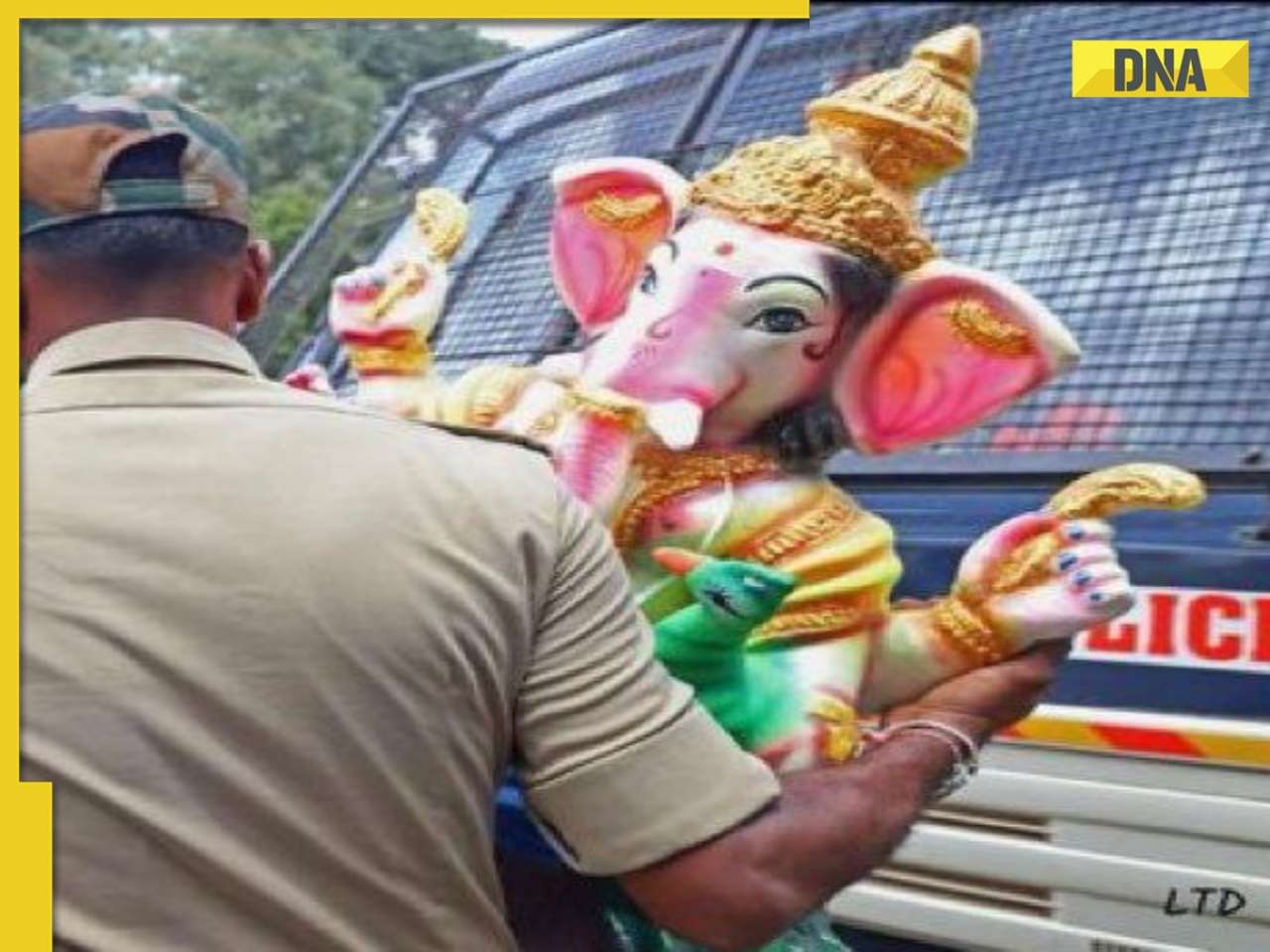


)
)
)
)
)
)
)
)
)
)
)
)
)
)
)





)
)
)
)
)
)